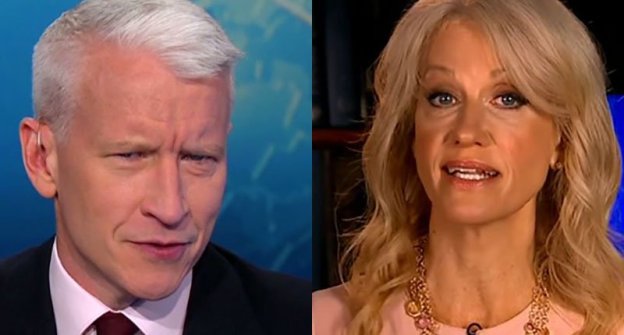The amygdala is sometimes known as the “lizard brain.” It’s more or less a holdover from prehistoric times and its role is to activate our primal survival instincts such as aggression and fear. When we are faced with a perceived threat, it can reflexively kick us into “fight or flight” mode. Sometimes–typically when we get overwhelmed and flooded with stress hormones–we can bounce back and forth from attacker to avoider, from villain to victim. Or we can shut down entirely.
At work, the lizard brain can keep us from trying new stuff despite knowing we need to innovate. It can cause us to push back hard on challengers to the status quo because we fear being wrong or looking stupid. Or we can just get stuck, paralyzed into inaction.
In personal relationships, those of us who fear intimacy can push away those whom we love, despite our desire to be more deeply connected. Or we can bolt for the door just as we get closer to what we so strongly desire.
The Resistance is real. So is self-sabotage. But as Pema Chodron reminds us, “fear is a natural reaction to moving closer to the truth.”
Clearly some situations are untenable and they deserve to be run from and put well behind us. Frankly, quitting is often under-rated.
Other circumstances require us to stand up and fight and say “enough is enough.” No one should endure tantrums or constant boundary violations or harassment or far worse.
Discerning the situations where we need to get in and rumble and get messy and walk through our fear is not easy. It takes real courage to remain in the arena when everything tells us to to flee. To engage when the fear comes up. To do the hard, uncomfortable work. To be neither victim, nor persecutor, nor rescuer, but an accountable adult, fully present, living in reality and owning our truth.
Our restlessness is part of the human condition. And the lizard brain can be easily activated–even more so if we have a history of trauma.
But like a dog being trained, we can learn to stay. Stay engaged. Stay focused. Stay patient. Stay accountable.
We can do the work.
The challenges are great, but so too can be the reward.
This post was also published at http://www.stevenpdennis.com






